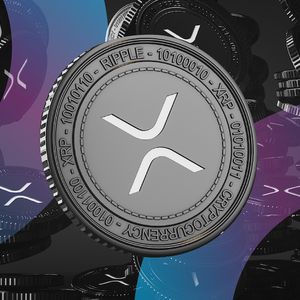U.K. Court Trims £8.9 Billion Bitcoin SV Claim Against Binance
3 min read
Binance secured a significant, though partial, courtroom victory this week when Britain’s Court of Appeal struck out the bulk of a £8.9 billion lawsuit tied to the delisting of Bitcoin SV in 2019. The judgment narrowed an investor claim that exchanges conspired to choke the token’s growth by removing trading pairs, effectively slashing potential damages from $11.9 billion to a fraction of that sum. Court rejects speculative losses In a written opinion, judges dismissed the so-called “foregone growth effect,” explaining that “BSV was obviously not a unique cryptocurrency without reasonably similar substitutes.” Plaintiffs had argued Bitcoin SV might have ascended into the digital-asset elite had liquidity remained intact, a scenario the court deemed too hypothetical for restitution. Mitigation duty emphasized Master of the Rolls Sir Geoffrey Vos wrote, “They had a duty to mitigate their losses,” adding, “They cannot recover losses that they could reasonably have mitigated.” The panel found that investors could have sold holdings or rotated into other coins, undercutting claims for windfall damages. ‘Loss of a chance’ theory fails Lawyers for the class tried to revive a “loss of a chance” doctrine, asserting that delisting deprived holders of future price gains. The court labeled the argument “flawed as a matter of principle,” stressing that “cryptocurrencies are, by their nature, volatile investments.” Implications for broader litigation The ruling may influence parallel suits targeting exchange decisions on token listings, reinforcing the idea that damages must be anchored to measurable economic harm. Binance, still facing limited residual claims from investors unaware of the delisting, welcomed the outcome as validation of its strike-out strategy. Separate FTX battle The exchange is also seeking to dismiss a $1.76 billion action brought by the FTX estate, insisting that mismanagement, not external manipulation, doomed the rival platform. With regulatory scrutiny intensifying worldwide, the U.K. decision offers Binance a precedent to cite in future cases involving allegations of market interference. For Bitcoin SV proponents, however, the latest setback highlights the uphill task of proving that missed market opportunities translate into legally recoverable damages. The case now proceeds with a sharply reduced scope, leaving remaining plaintiffs to quantify losses tied directly to the delisting date rather than imagined bull runs. Legal analysts say the judgment underscores the courts’ reluctance to back-stop speculative bets in an asset class famous for double-digit swings. Exchanges, they add, are likely to view the decision as affirmation that listing choices, while consequential, do not guarantee price trajectories. For investors navigating an ever-changing roster of tradable coins, the message is clear: diversification and timely risk management remain paramount. As digital-asset litigation matures, courts appear increasingly unwilling to entertain what one lawyer called “counterfactual moonshots” dressed up as damage claims. Binance’s limited victory may not end its legal headaches, but it sharply limits exposure on one of the more ambitious suits filed against a crypto exchange. The precedent could ripple through the sector, curbing similar claims and nudging market participants toward clearer contractual terms on token availability. For now, Bitcoin SV must seek relevance in the marketplace, not the courtroom.

Source: CryptoIntelligence



